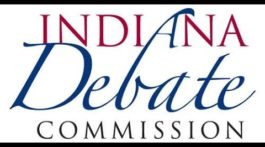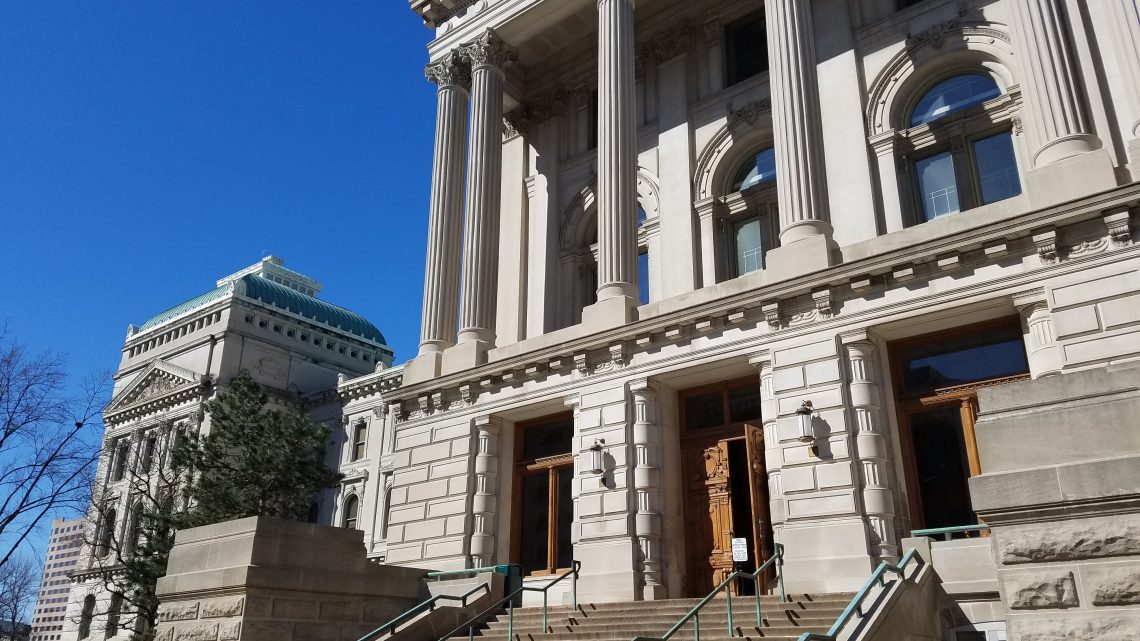by Tim Brown
The Indy Chamber represents thousands of employers across the nine county Indianapolis region – and as we listen to their daily concerns and strategic challenges, one message comes through loud-and-clear: Human resources are a top priority – finding qualified applicants, recruiting and retaining good workers, cutting the costs of employee turnover and training.
But if people are part of our business climate, then we can’t build a strong economy without strong neighborhoods. The consequences of crime don’t stop with incarceration – they continue as ex-offenders return to our community.
More than 20,000 ex-offenders now live in the Indy region, a number that’s growing each year. They struggle to find work, often living in poverty, and recidivism becomes a self-fulfilling prophecy. At the same time, local companies are eager to fill open jobs at all skill levels. We saw an opportunity and started identifying the challenges associated with hiring ex-offenders.
First, it was imperative that protections be set in place for businesses who desire to offer a second chance without the fear of being sued civilly for the unforeseen actions of an employee hired in good faith.
To create this protection, we focused on amending Senate Enrolled Act 312, as it proved to be a promising vehicle to grant common-sense civil protection to companies who hired ex-offenders.
Negligent hiring liability protection was added to the original proposed legislation and became law effective July 1st. Indiana has become the 15th state to pass such a protection into state law; it’s our hope that it will encourage business leaders to rethink their policies and practices as it relates to those who are qualified, need work, but have made poor choices in the past.
Specifically, the Indiana law (modeled after Colorado legislation) prohibits information concerning the criminal history of an employee from being introduced in civil actions if the employee’s records are sealed, the criminal history is not related to the facts of the case, the employee’s record is from an arrest or charge that did not result in a criminal conviction.
Thus businesses would still be held liable for negligent hiring if they hired employees with criminal backgrounds who were unsuitable for their jobs. However, measures such as these allow employers to use common sense but maintain protections when providing individuals a chance for successful reentry.
Studies have also shown that gainful employment is the most efficient way to decrease recidivism and efforts to create a pipeline to job opportunities for this population are essential to our city – to curb crime, add to the ranks of productive taxpayers and meet hiring demand from business.
Although proposed SEA 312 originally focused on preventing municipalities from using “ban the box” Governor Holcomb showed great leadership and went a step further after signing the amended proposal the Governor signed an executive order “banning the box” for state government hiring – a show of confidence in the ex-offenders who have paid their debt and seek a fresh start.
The Indy Chamber applauds the Governor’s ability to strike a balance in the passage of the legislation and drafting of the executive order. As we work in close collaboration with partners in the community on issues like mass transit, early learning, the structural deficits faced by the Indianapolis Public Schools and more, our shared goal is creating new opportunities for people and employers alike to succeed – these policies create such opportunities for an often overlooked segment of our city, and we all stand to benefit.
Tim Brown is the director of policy and legislative affairs for the Indy Chamber














